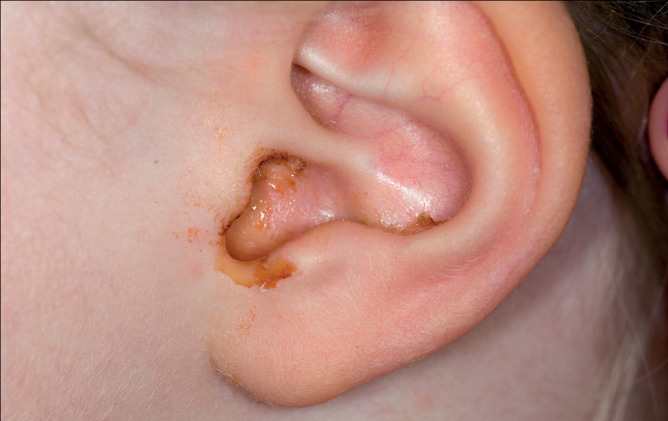
Otitis media is a common disease that occurs at all ages, most commonly in young children - Illustration photo
MSc. Nguyen Thi Linh, deputy head of the Department of Tropical Diseases - Pediatric Gastroenterology (Bac Ninh Obstetrics and Pediatrics Hospital), said that otitis media is a common disease that occurs at all ages but is most common in children from 6-36 months old.
The structure of the ear is divided into 3 parts: the outer ear, the middle ear and the inner ear. The middle ear is located behind the eardrum. The middle ear consists of the tympanic cavity, the eustachian tube (the tube that leads from the middle ear to the nasopharynx) and the mastoid cells (the largest cells in the mastoid bone).
Acute otitis media is inflammation of the lining of the middle ear.
What are the warning signs of the disease?
Acute otitis media is usually caused by a bacterial or viral infection in the middle ear. Infections are also commonly caused by colds, flu, or allergies that block the back of the nose (adenoiditis), throat, and eustachian tube.
According to Dr. Linh, the symptoms of acute otitis media at each stage have different symptoms. The disease progresses in 3 stages. The disease often occurs during or after the patient has acute rhinopharyngitis.
- Early stage : Children have mild tinnitus and earache. At this stage, otoscopy shows that the eardrum is congested.
- Stage 2 : This is the stage of pus accumulation in the middle ear. Older children may complain of severe ear pain, hearing loss, tinnitus, young children often cry and rub their ears... During this stage, there are often additional systemic symptoms such as high fever, digestive disorders: vomiting, watery stools...
- Stage 3 : Pus in the middle ear swells and flows out, the pus has a foul odor. At this time, the symptoms of tinnitus and earache are reduced but pus flows out.
Usually, perforations caused by acute otitis media heal on their own. When perforations persist, chronic otitis media may develop.
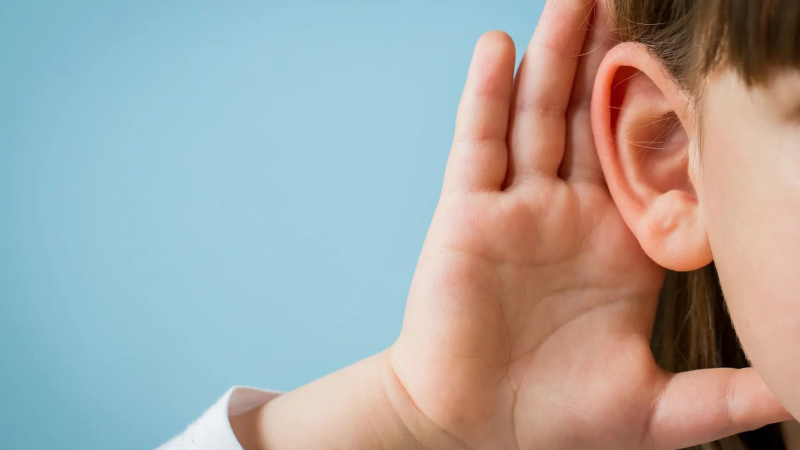
If otitis media is not treated promptly and thoroughly, it can lead to dangerous complications - Illustration photo
Beware of the risk of complications
Dr. Linh added that treatment of acute otitis media includes pain relief, symptomatic treatment, and treatment using systemic or local antibiotics.
The doctor will decide to use antibiotics in the treatment of acute otitis media depending on the stage and cause of the disease after examination.
There are cases where antibiotics are needed right from the start. In cases where the patient does not need antibiotics yet, treatment will focus on symptoms and follow up after 48-72 hours to reassess.
Acute otitis media often occurs with rhinopharyngitis. Therefore, patients need to be treated for rhinopharyngitis as well.
Nowadays, with the advancement of medicine, acute otitis media if diagnosed and treated early rarely causes complications.
One of the complications of acute otitis media is acute mastoiditis. This complication often occurs in patients with immunodeficiency or improper treatment.
"Improper treatment of acute otitis media can cause subacute or chronic otitis media with effusion. In many cases, it can leave a hole in the eardrum, causing hearing loss and gradual degeneration of the middle ear mucosa. Therefore, if there are signs of acute otitis media, parents can take their children to the hospital for examination and treatment," Dr. Linh emphasized.
According to health experts, to prevent acute otitis media, children should eat nutritious foods, keep their bodies warm in cold weather, clean surrounding objects, and exercise scientifically to increase resistance.
Avoid exposure to polluted environments with smoke and tobacco.
Fully vaccinated according to the expanded immunization program, vaccinated against influenza and pneumococcal diseases, common diseases, to prevent acute respiratory infections in children.
Newborns should be breastfed for at least the first 6 months, and should not be put to sleep or fed from a bottle to avoid choking and regurgitation.
When symptoms appear, you need to go to a medical facility for appropriate treatment. Do not let the disease progress, which will make treatment difficult and recovery difficult.
Source: https://tuoitre.vn/tre-bi-viem-tai-giua-cap-co-nguy-hiem-khong-20240923224851546.htm



![[Photo] Unique folk games at Chuong Village Festival](https://vstatic.vietnam.vn/vietnam/resource/IMAGE/2025/4/10/cff805a06fdd443b9474c017f98075a4)


![[Photo] Prime Minister Pham Minh Chinh chairs meeting to discuss tax solutions for Vietnam's import and export goods](https://vstatic.vietnam.vn/vietnam/resource/IMAGE/2025/4/10/19b9ed81ca2940b79fb8a0b9ccef539a)
![[Photo] Phuc Tho mulberry season – Sweet fruit from green agriculture](https://vstatic.vietnam.vn/vietnam/resource/IMAGE/2025/4/10/1710a51d63c84a5a92de1b9b4caaf3e5)
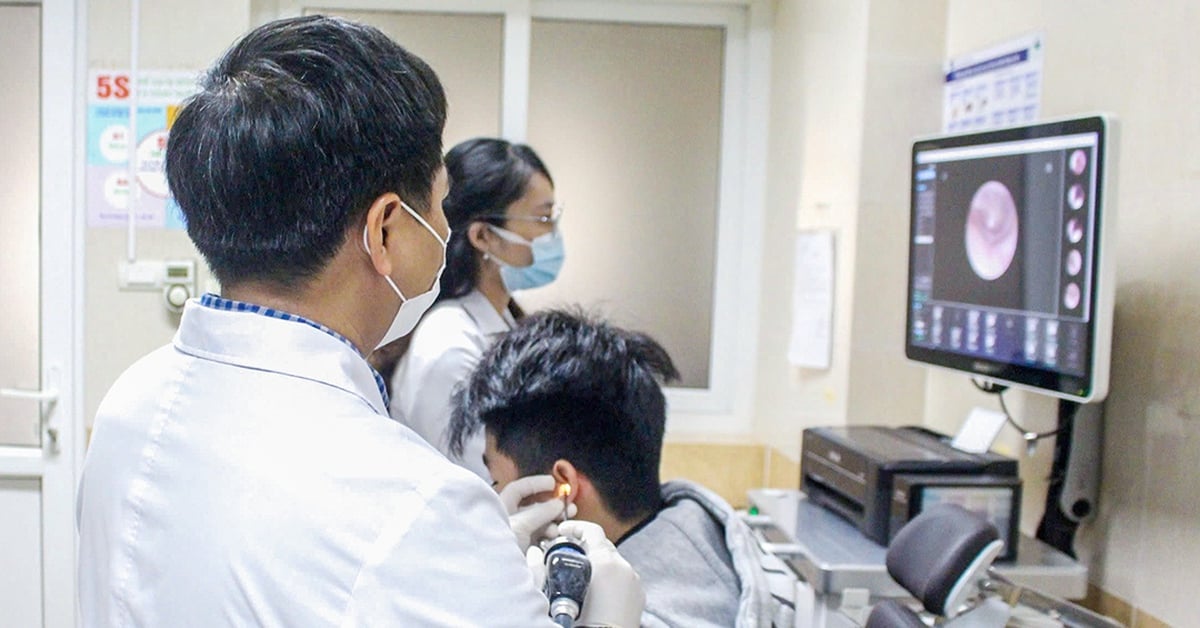
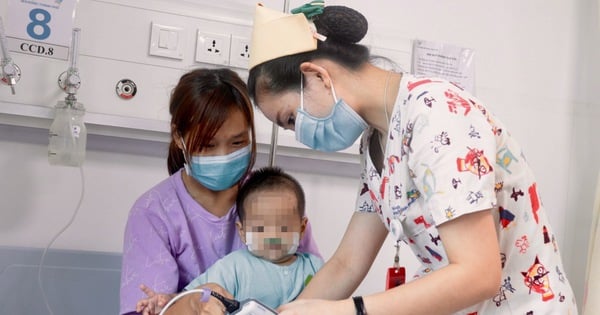




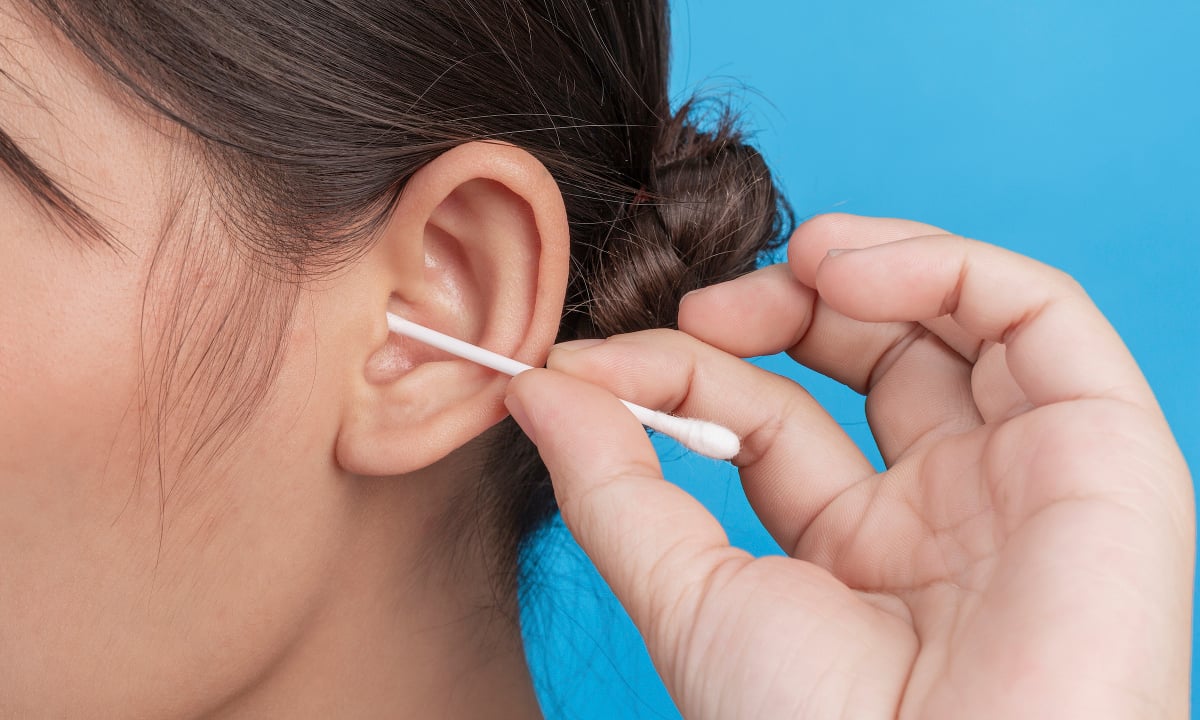
































































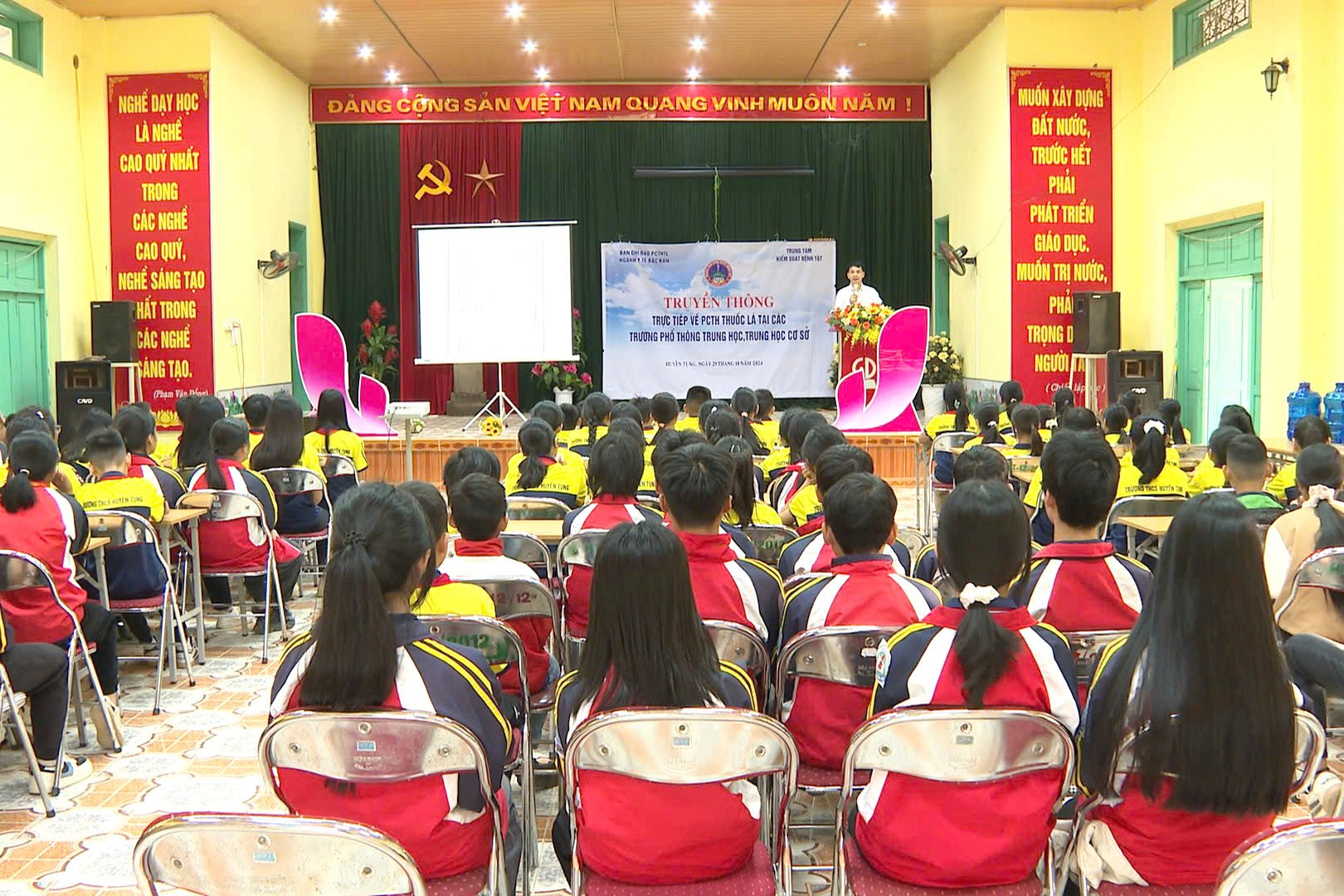











Comment (0)